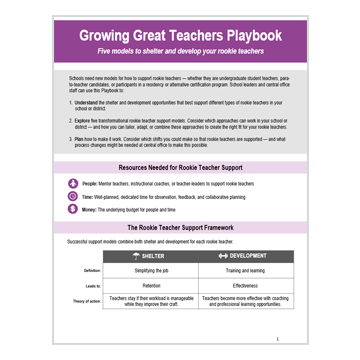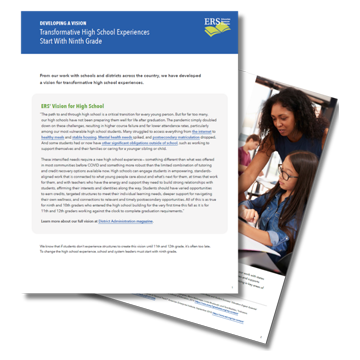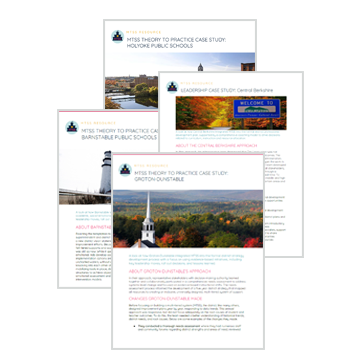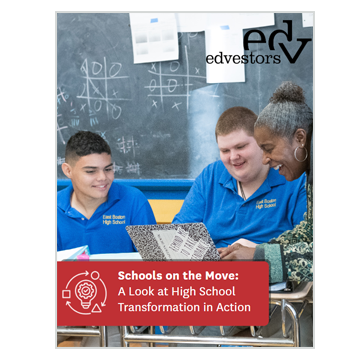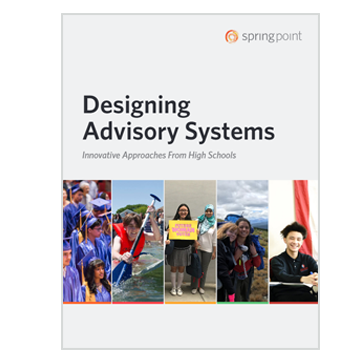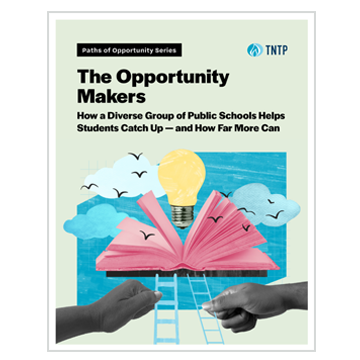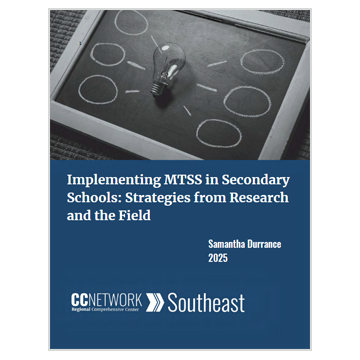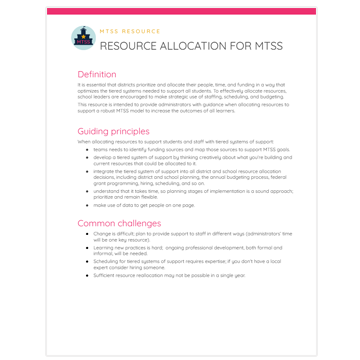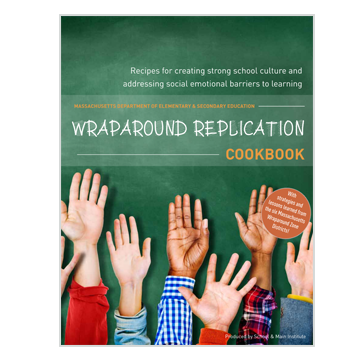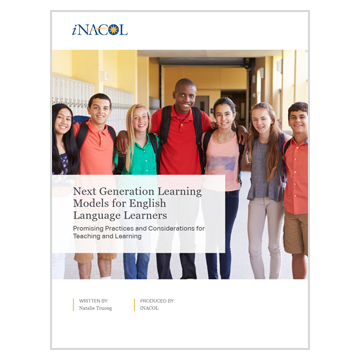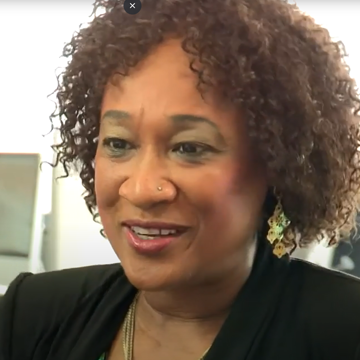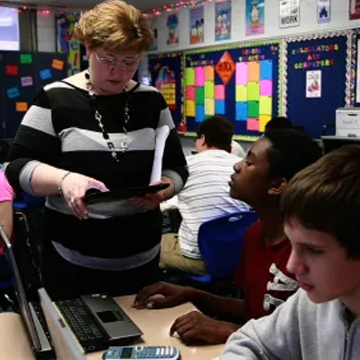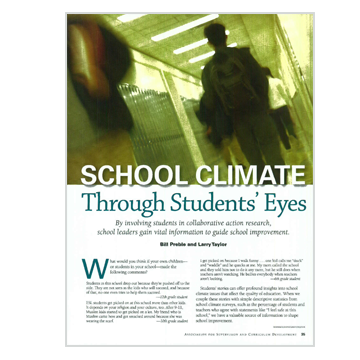Resource Profiles
New Resource Search
← Return to Find Resources | MTSS
Resource Results
New Teacher Toolkit: Support for New Teachers
This robust new teacher support resource collection includes a Growing Teachers Playbook with five models for sheltering and developing rookie teachers, a video featuring teachers talking about their first year as a teacher, a tool to assess if your school has established the conditions for growing great teachers, case studies, and much more.
Transforming High School by Redesigning the Ninth Grade Experience
Read about schools and one district that rethought the Grade 9 experience in order to create the best possible foundation for high school success. Each case study identifies the “change package” that led to improved student outcomes, resource and scheduling shifts, and structures that supported educator collaboration.
MTSS District Theory to Practice Case Studies
Explore different shifts and improvements four districts made in order to implement a stronger MTSS approach. These case studies are based on interviews with leaders from each district in early 2020 after 1-3 years of MTSS implementation (varied by district). The case studies include discussion questions teams can use to unpack strategies and lessons learned.
Schools on the Move: A Look at High School Transformation in Action
Learn about high school improvement efforts at three Boston schools — East Boston High, 2023 School on the Move Winner, and two finalists, Boston Green Academy and Fenway High.
Designing Advisory Systems: Innovative Approaches from High Schools
Learn how five different schools approach the challenge of creating meaningful advisories for high school students.
The Opportunity Makers Toolkit
This suite of school improvement tools is based on TNTP’s Opportunity Makers report which profiled seven public schools that have changed the trajectory academic outcomes for students. The collection includes a baseline self-assessment tool and action guides focused on three trajectory-changing practices: Belonging, Consistency, and Coherence.
Implementing MTSS in Secondary Schools
Practical strategies to address logistical and instructional challenges secondary schools often encounter implementing MTSS including intervention blocks, scheduling, teaming, and other practices. The 2022 report focused on early implementation. The 2025 report updates and extends the toolkit of strategies and includes additional resources and examples. It also expands the focus of MTSS to include student well-being.
MTSS Resource Allocation Guidance
This short guidance sheet includes resources and case studies of how schools aligned resources (staffing, schedules, interventions, etc.) to support a stronger MTSS system.
Wraparound Replication Cookbook: Recipes for Creating Strong School Culture and Addressing Social Emotional Barriers to Learning
This cookbook is the result of the Massachusetts Wraparound Zone Initiative, an initiative aimed at helping schools tackle both academic and non-academic barriers to student learning, and includes recipes for strengthening school culture, creating strong student success teams, engaging family members as partners, building community partnerships and coalitions, and much more.
Nashville Case Study: Implementing Social Emotional Learning Across the District
Excellent Edutopia series on how Metro Nashville Public Schools is bringing coherence and alignment to social emotional learning implementation.
Next Generation Learning Models for English Language Learners
This report paper highlights promising practices and trends in personalized learning and competency-based education for English learners and includes case studies from these schools:
DESE Sustainable Improvement Video Series
Listen to staff and leadership from schools tell their unique school improvement stories in this video collection, originally created to spotlight successful school turnaround practices. Topics include school culture, data practices, instructional improvement, career pathways, MTSS, family engagement, and more.
Innovating to Support Student Success: P.K. Yonge School Case Study
Learn how the P.K. Yonge School in Florida structured its tiered systems of support approach. The case study includes information on how "Student Success Teams" are organized and run, how "tiering" is done, and how the staff take an integrated view of academic and social emotional or behavioral support needs.
Student School Climate Leadership Teams
A lot of school climate and culture is "what's happening when adults are busy doing other things." Use these resources from the Center on School Climate & Learning to involve a variety of students (not just natural or known leaders) in gathering student voice and pinpointing aspects of school climate/culture that need work and strategies for addressing them.
← Return to Find Resources | MTSS
